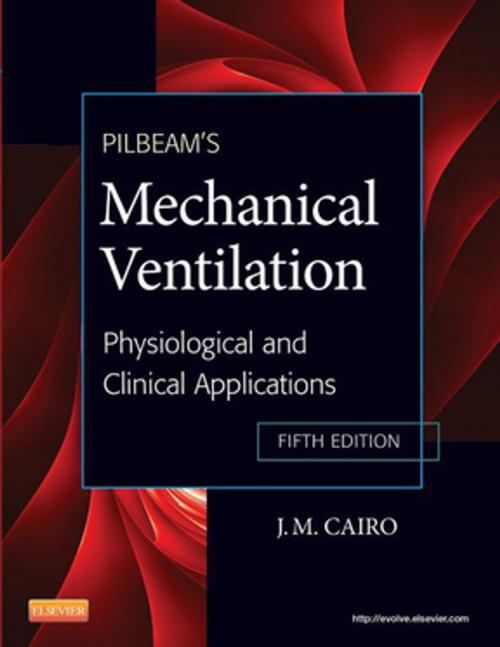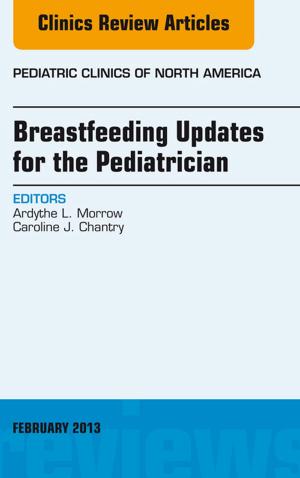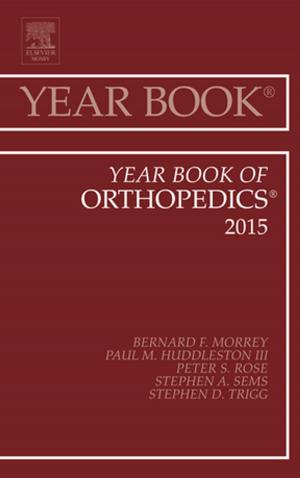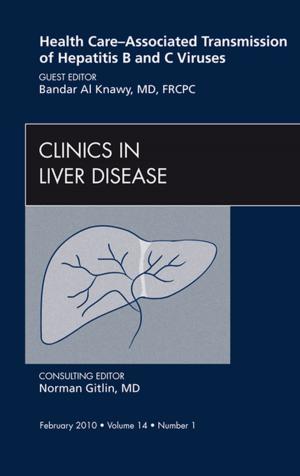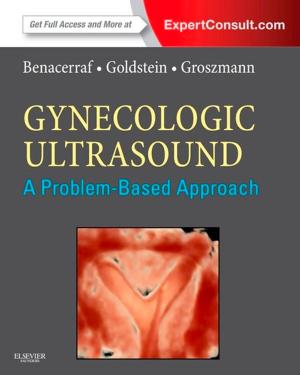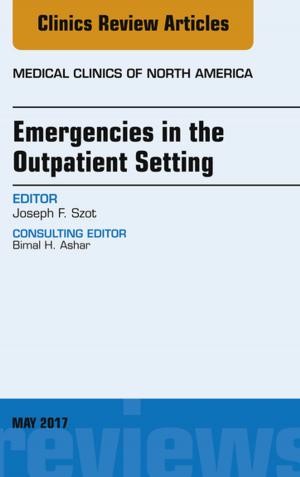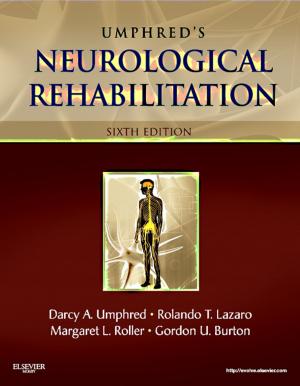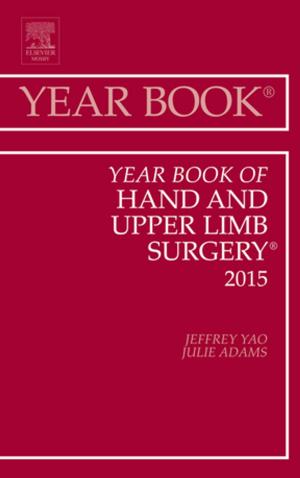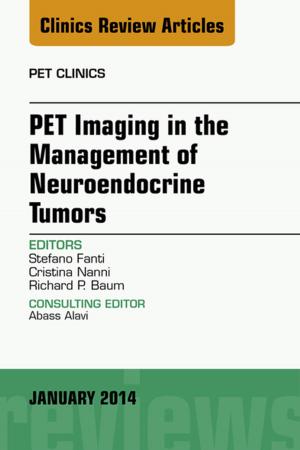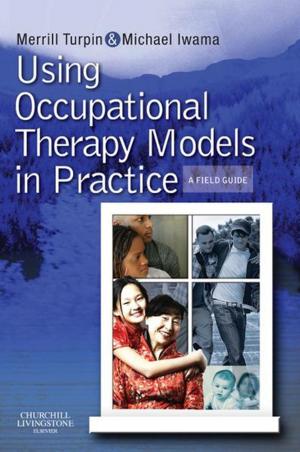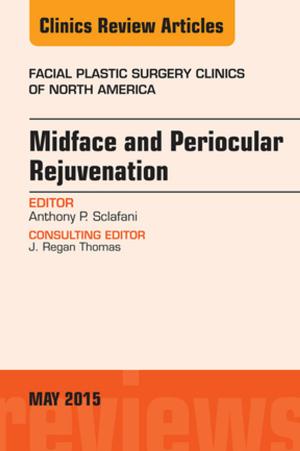Pilbeam's Mechanical Ventilation - E-Book
Physiological and Clinical Applications
Nonfiction, Health & Well Being, Medical, Allied Health Services, Respiratory Therapy, Medical Science, Physiology| Author: | J M Cairo, PhD, RRT | ISBN: | 9780323292092 |
| Publisher: | Elsevier Health Sciences | Publication: | December 27, 2013 |
| Imprint: | Mosby | Language: | English |
| Author: | J M Cairo, PhD, RRT |
| ISBN: | 9780323292092 |
| Publisher: | Elsevier Health Sciences |
| Publication: | December 27, 2013 |
| Imprint: | Mosby |
| Language: | English |
Applying mechanical ventilation principles to patient care, Pilbeam's Mechanical Ventilation: Physiological and Clinical Applications, 5th Edition helps you provide safe, appropriate, and compassionate care for patients requiring ventilatory support. A focus on evidence-based practice includes the latest techniques and equipment, with complex ventilator principles simplified for optimal learning. This edition adds new case studies and new chapters on ventilator-associated pneumonia and on neonatal and pediatric mechanical ventilation. Starting with the most fundamental concepts and building to the most advanced, expert educator J. M. Cairo presents clear, comprehensive, up-to-date coverage of the rapidly evolving field of mechanical ventilation.
-
Excerpts of Clinical Practice Guidelines developed by the AARC (American Association for Respiratory Care) make it easy to access important information regarding indications/contraindications, hazards and complications, assessment of need, assessment of outcome, and monitoring.
-
Case Studies with exercises and Critical Care Concepts address situations that may be encountered during mechanical ventilation.
-
Learning objectives at the beginning of each chapter help in accurately gauging your comprehension and measuring your progress.
-
Chapter outlines show the "big picture" of each chapter's content.
-
Key terms are listed in the chapter opener, then bolded and defined at their first mention in the text.
-
Key Point boxes highlight need-to-know information.
-
NBRC exam-style assessment questions at the end of each chapter offer practice for the certification exam.
-
NEW Neonatal and Pediatric Mechanical Ventilation chapter covers the latest advances and research relating to young patients.
-
Additional case studies in each chapter present "real-life" scenarios, showing the practical application of newly acquired skills.
-
End-of-chapter summaries help with review and in assessing your comprehension with a bulleted list of key content.
Applying mechanical ventilation principles to patient care, Pilbeam's Mechanical Ventilation: Physiological and Clinical Applications, 5th Edition helps you provide safe, appropriate, and compassionate care for patients requiring ventilatory support. A focus on evidence-based practice includes the latest techniques and equipment, with complex ventilator principles simplified for optimal learning. This edition adds new case studies and new chapters on ventilator-associated pneumonia and on neonatal and pediatric mechanical ventilation. Starting with the most fundamental concepts and building to the most advanced, expert educator J. M. Cairo presents clear, comprehensive, up-to-date coverage of the rapidly evolving field of mechanical ventilation.
-
Excerpts of Clinical Practice Guidelines developed by the AARC (American Association for Respiratory Care) make it easy to access important information regarding indications/contraindications, hazards and complications, assessment of need, assessment of outcome, and monitoring.
-
Case Studies with exercises and Critical Care Concepts address situations that may be encountered during mechanical ventilation.
-
Learning objectives at the beginning of each chapter help in accurately gauging your comprehension and measuring your progress.
-
Chapter outlines show the "big picture" of each chapter's content.
-
Key terms are listed in the chapter opener, then bolded and defined at their first mention in the text.
-
Key Point boxes highlight need-to-know information.
-
NBRC exam-style assessment questions at the end of each chapter offer practice for the certification exam.
-
NEW Neonatal and Pediatric Mechanical Ventilation chapter covers the latest advances and research relating to young patients.
-
Additional case studies in each chapter present "real-life" scenarios, showing the practical application of newly acquired skills.
-
End-of-chapter summaries help with review and in assessing your comprehension with a bulleted list of key content.
